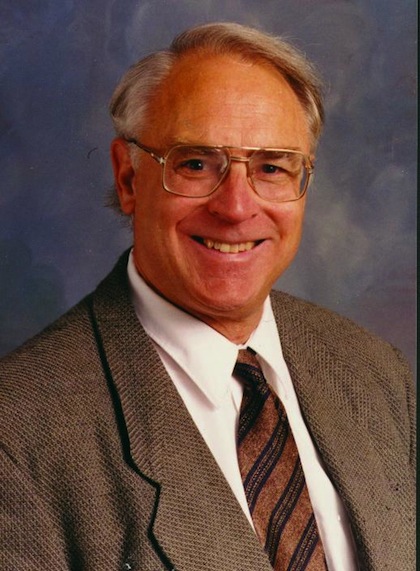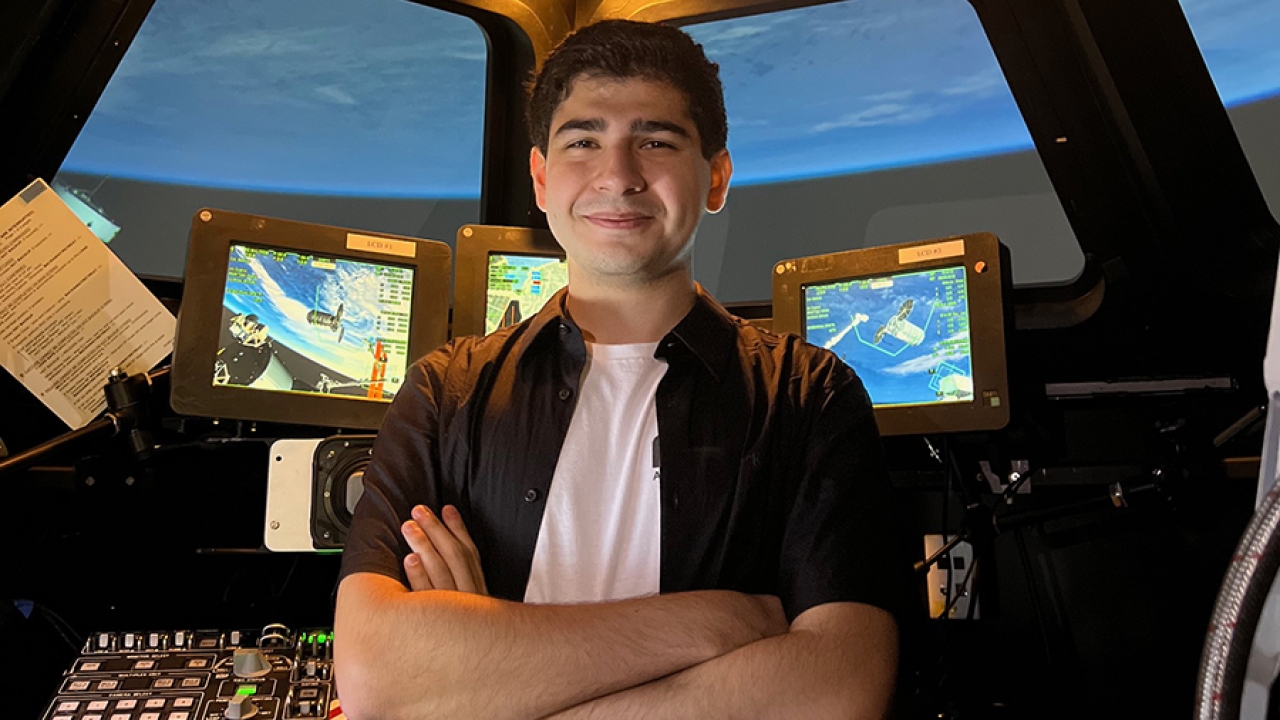Biography: Bruce Gates
“A catalyst is the most subtle and effective way to control a chemical reaction,” notes Bruce Gates, a distinguished professor in the UC Davis Department of Chemical Engineering and Materials Science. “Nature does it, and the chemical industry does it.”
 Catalysts are agents for change; the same can be said of people, and specifically of Gates himself. His presence at UC Davis has helped stimulate the College of Engineering’s explosive growth during the past two decades, and this rapid change — a perfect description of a catalyst’s transmutative effects — has continued in the wake of Gates’ 2007 election to the National Academy of Engineering.
Catalysts are agents for change; the same can be said of people, and specifically of Gates himself. His presence at UC Davis has helped stimulate the College of Engineering’s explosive growth during the past two decades, and this rapid change — a perfect description of a catalyst’s transmutative effects — has continued in the wake of Gates’ 2007 election to the National Academy of Engineering.
Gates has been fascinated by agents of change since his undergraduate days at UC Berkeley, when he took a course on chemical reactions and catalysis. By the time his 1961 undergraduate degree led to a 1966 Ph.D. obtained at the University of Washington, in Seattle, his career path was set: “At that point, I was hooked,” he admits.
A Fulbright scholarship for a year of study at the University of Munich was followed by two years working for Chevron, back in the States, and then by a 20-year stint as an assistant professor at the University of Delaware. During those two decades, Gates made key contributions to hydroprocessing, a technique to remove contaminants from fuel, and used in oil refineries. He also served as director of the Center for Catalytic Science and Technology from 1981 to ’88.
Gates returned to his California roots in 1992, when he accepted an offer to join the UC Davis Department of Chemical Engineering (later merged with the Division of Materials Science). Aside from his ongoing research work, Gates became an important part of the College of Engineering’s teaching staff; in 2007, he and department chair Robert Powell developed and launched a new freshman course in chemical engineering analysis. Gates himself wrote teaching texts that continue to be used worldwide.
In 2009, Gates was awarded the North American Catalysis Society’s 2009 Robert Burwell Lectureship in Catalysis, which recognizes four decades of significant contributions in three major areas of catalysis research. Gates also was commended for having mentored more than 130 students, postdocs and visiting scientists, and for having educated two generations of catalytic scientists and industrial practitioners.
He continues such guidance to this day: “Collegiality matters a lot at UC Davis,” he said, in 2007, “and that’s why I enjoy it here so much.”




